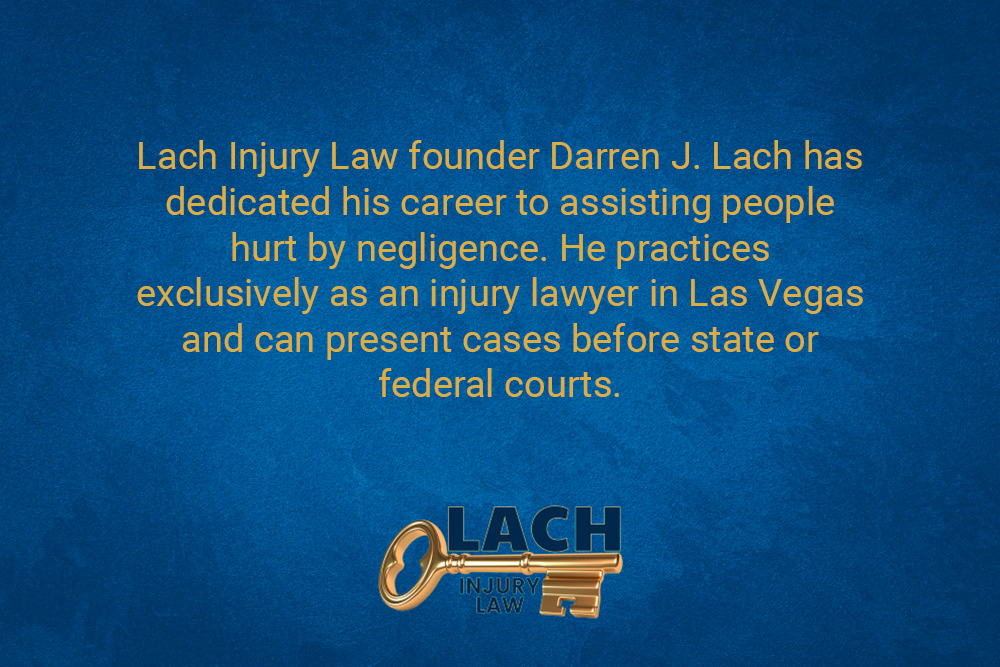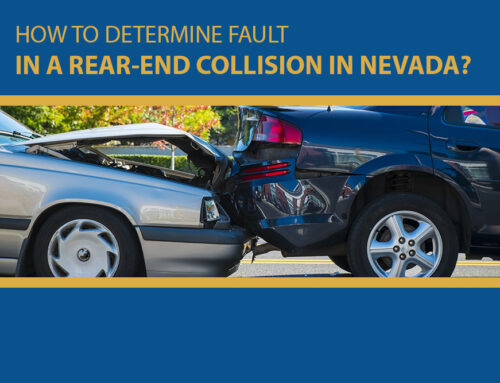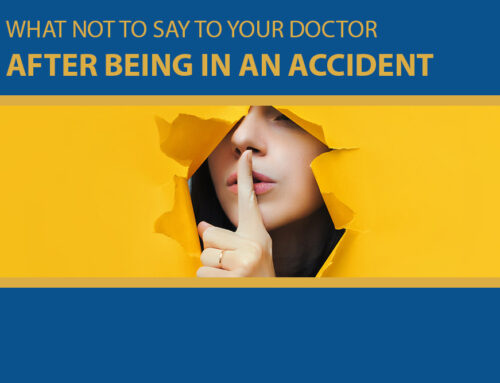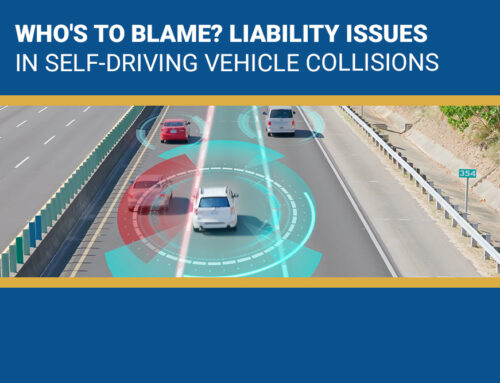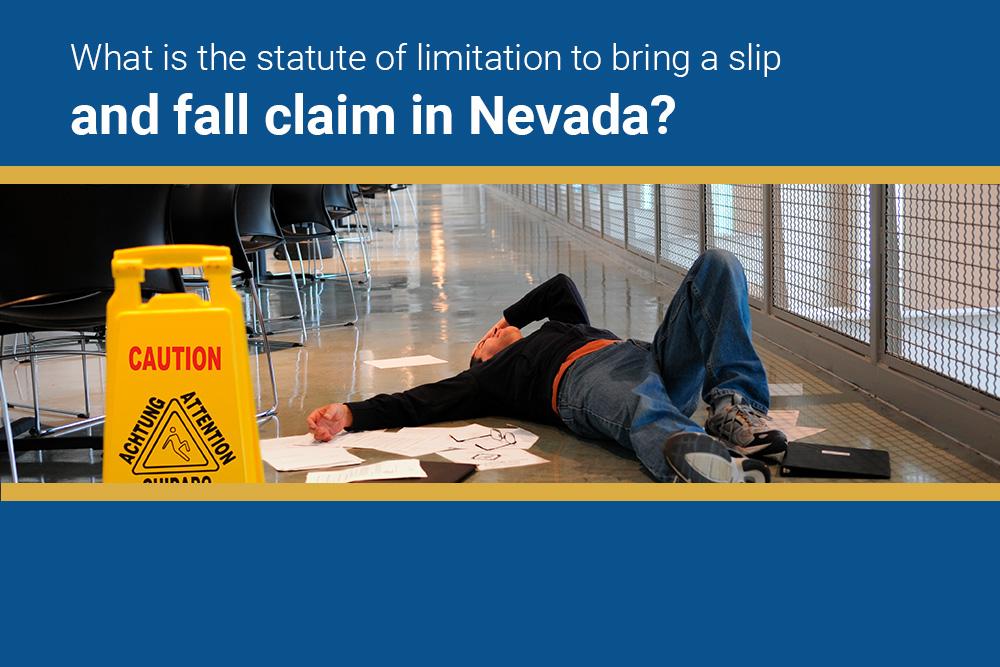
A statute of limitation applies a deadline for you to take legal action. In the case of a slip and fall accident, you must file a lawsuit before the deadline. Otherwise, you lose the ability to win a financial award in civil court. Due to the risk of losing your legal right to pursue compensation in court, you should discuss your accident with a slip and fall attorney as soon as possible.
Two Years for Personal Injury
Nevada imposes a two-year statute of limitation on lawsuits regarding personal injuries, including slip and fall accidents. Although this may seem like plenty of time to resolve the matter, several issues could delay filing a lawsuit.
The two-year period starts from the date of your accident. In the unfortunate event that a slip and fall result in death, the two-year period begins on the date of death.
The deadline might approach if:
- You have been bogged down in negotiations with an insurer.
- Your injuries required ongoing medical care, and the extent of your financial losses remains unknown.
- You have been told that you are at fault for the accident.
In any of the above situations, representation from an injury lawyer in Las Vegas is appropriate. A Nevada injury lawyer could take the case to court before time runs out.
Three Years for Property Damage
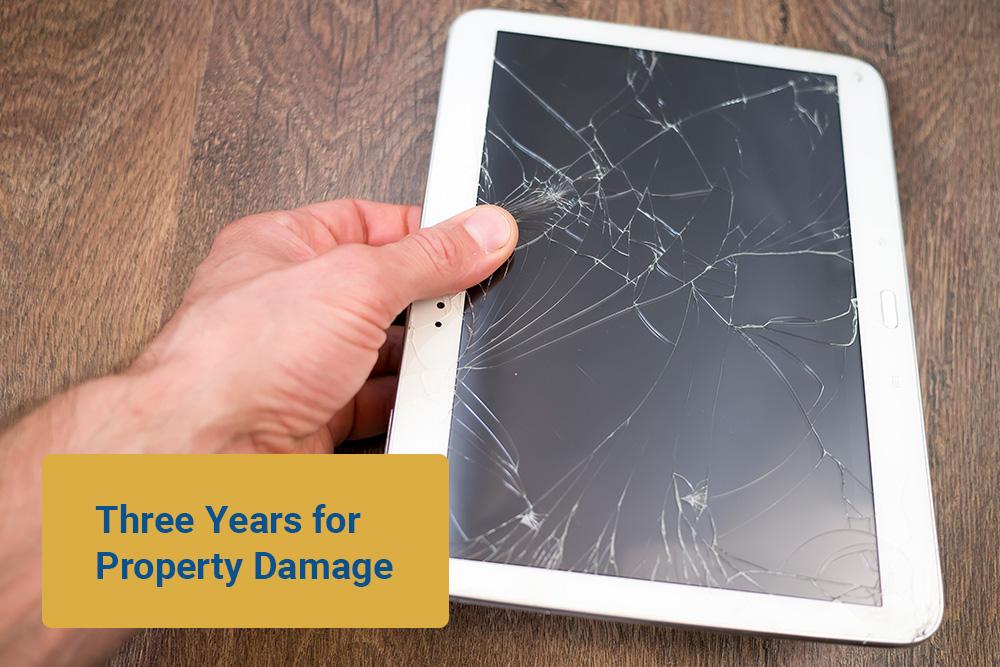
Occasionally, a slip and fall result in damage to your personal property, such as an expensive laptop computer or piece of jewelry. In that case, the law grants you three years to address compensation for property damage in the courts.
Exceptions to the Statute of Limitation
In rare situations, people can qualify for more time beyond the typical statute of limitation. The law allows a seriously injured child to wait for their eighteenth birthday before filing a lawsuit.
Another legal concept known as tolling may allow an exception. Various medical or legal issues could allow someone to pause the clock on the statute of limitation.
Due to the importance of not exceeding the statute of limitation, you should not assume that you qualify for an exception without talking to a lawyer knowledgeable about Nevada personal injury. Getting a tolling exception will likely require the efforts of a Nevada injury lawyer.
How Can I Get Compensation for a Slip and Fall?
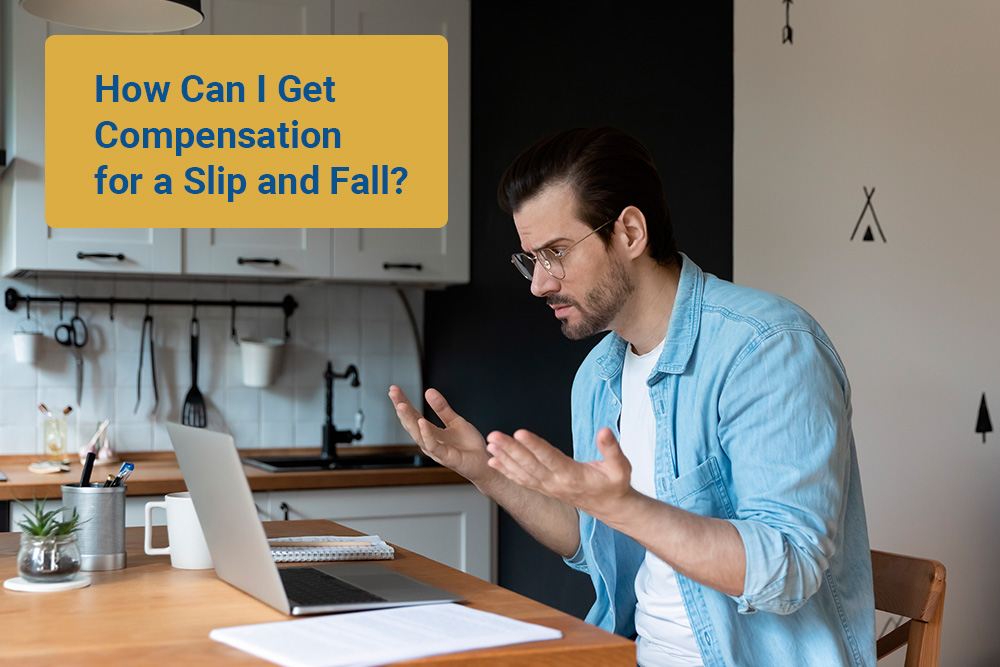
The legal concept of premises liability governs slip and fall cases. It imposes financial responsibility on property owners for failing to maintain a safe environment or warn visitors about hazards. State law obligates property owners to warn you about safety problems, even if they are apparent.
To succeed with an insurance claim or lawsuit for slip and fall injuries, the evidence must illustrate:
- That you were on the property
- That the property owner did not warn you about a hazard or should have known about a problem and fixed it
- That an unsafe condition existed at the property
- That the unsafe condition caused your injuries
- Common Causes of Slip and Fall Accidents
You expect most places to be reasonably safe, especially if they are open to the public. Owners of private property also have a duty to maintain a safe environment for guests or workers, like an air conditioner repair persons.
Safety hazards can arise through neglected maintenance or simply because something happens in the moment, like liquid spilled on the floor of a restaurant or store.
People often get hurt by:
- Broken steps or missing handrails
- Wet floors
- Cracked sidewalks or potholes
- Cords or hoses lying across a floor
- Exposed electrical wiring
- Broken porch or balcony rails
- Broken lighting
Should you suffer a fall, try to take note of your surroundings. Take pictures if possible. Evidence about the physical state of the accident scene aids a slip and fall attorney in putting together a claim for damages.
Comparative Negligence in Nevada
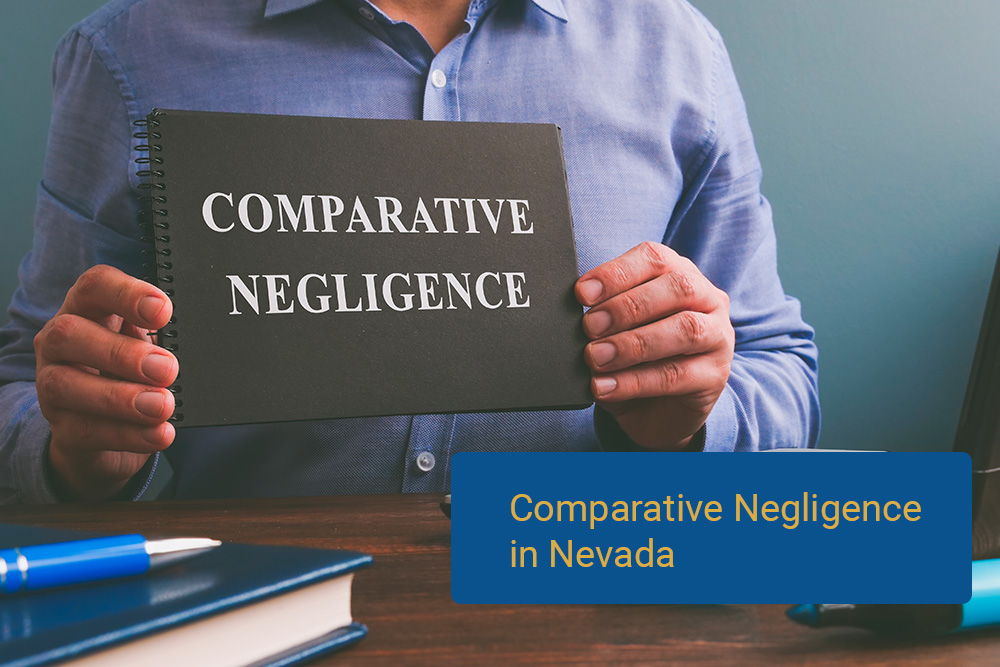
The fault for an accident does not always fall squarely on the shoulders of one person. Sometimes, injuries result from mistakes made by an inattentive victim. For this reason, Nevada personal injury law includes comparative negligence.
This means that the fault assigned to you will be compared to the fault assigned to the property owner. If you are more than 50% responsible for what happened, you cannot recover compensation. If you are 50% or less responsible, you still have a right to collect damages, but your percentage of responsibility will reduce the monetary award.
Comparative negligence often forms a property owner’s first line of defense in a slip and fall case. The insurer or law firm representing the property owner will look for evidence that shows that you caused your own accident.
A Nevada Injury Lawyer Who Cares
Lach Injury Law founder Darren J. Lach has dedicated his career to assisting people hurt by negligence. He practices exclusively as an injury lawyer in Las Vegas and can present cases before state or federal courts. For a thorough evaluation of your sources of compensation after a slip and fall, contact the office today.
